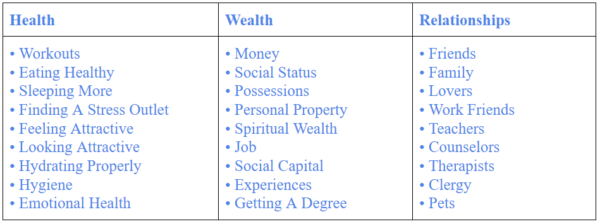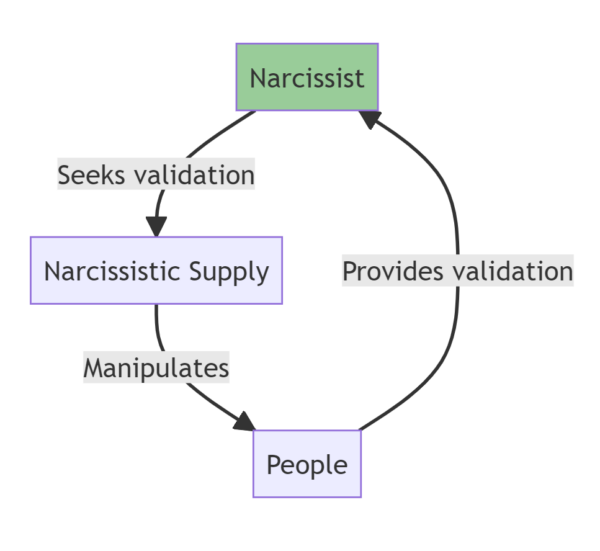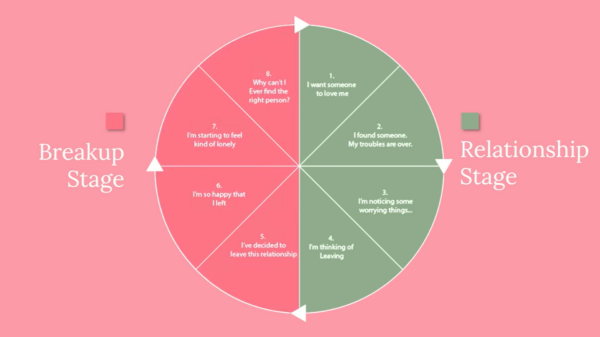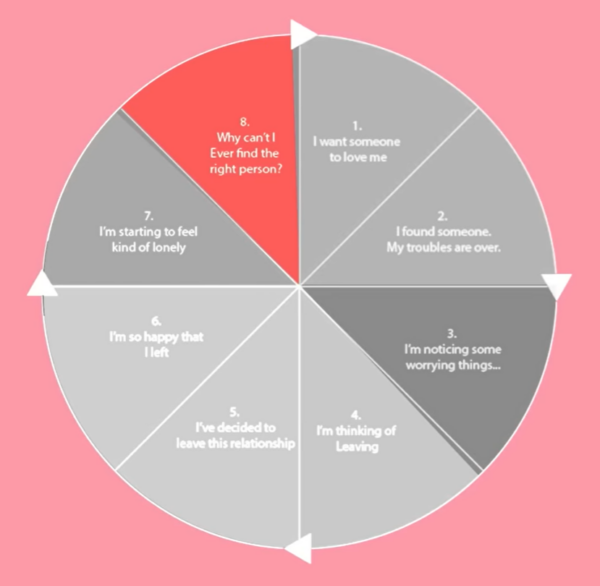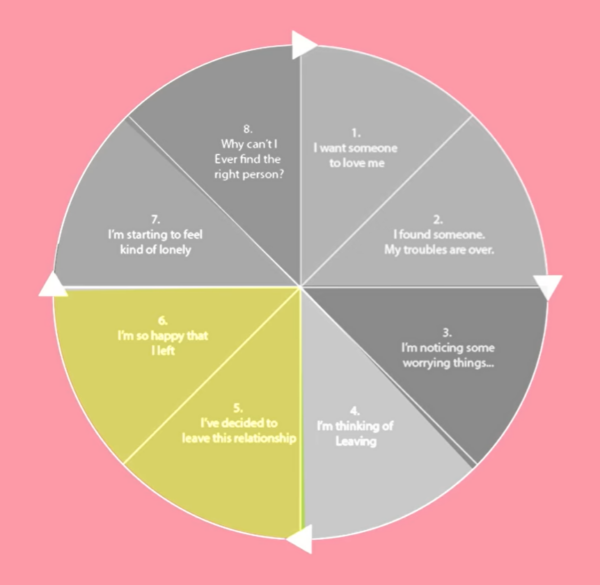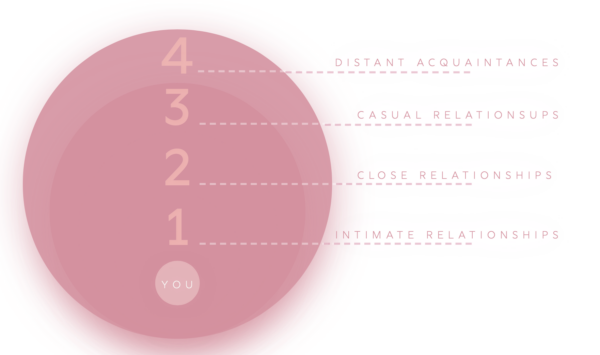I believe I’ve pinpointed the 6 things that need to be present for an ex to realize he made a mistake in leaving.
I’ll be honest though, actually answering this entire question is a little difficult because the reality is:
Predicting individual behaviors is complex, as it depends on a wide range of factors including his personal feelings, experiences, growth, the reason for the breakup, and his perception of the relationship he had with you. These variables make it difficult, if not impossible, to predict a specific timeframe for when an ex might realize they made a mistake in leaving.
Thus, the best I can come up with are six things that I believe need to be present for your ex boyfriend to believe he made a mistake,
- There needs to be a reflection period
- They need to see your personal growth
- Sometimes they need to date others
- Sometimes a major life change needs to occur
- They need to feel loneliness
- Pressure from SOI
Let’s dive in!

What Are Your Chances of Getting Your Ex Boyfriend Back?
Take the quizThing #1: A Reflection Period
It goes without saying that a period of reflection often follows a breakup.
Both parties take this time to contemplate the relationship – what went wrong, what they miss about each other.
Understanding this concept is crucial, especially when you’re trying to discern if an ex might realize they made a mistake.
This is also why we advocate for periods of no contact.
A significant portion of our research revolves around the no contact rule and its relationship to avoidant attachment styles.
Many of our clients suspect that their exes have an avoidant attachment style.
If you’re familiar with my previous work – videos, podcasts, articles, you name it – this observation shouldn’t surprise you.
The content I’ve created has consistently emphasized this point.
What’s particularly intriguing is the significance of reflection and regret for an avoidant person.
They often find themselves longing for an ex when that person becomes unavailable or ceases all contact.
I made a video on this topic that garnered a quarter of a million views on YouTube,
In which I repeatedly make this case, especially when discussing what it takes to make an avoidant person miss you.
It’s crucial to understand that this change often occurs because a lack of contact doesn’t activate an avoidant’s usual defensive responses. The fewer interactions they have with their ex, the more they’re likely to miss them. This response is tied to the fact that every interaction potentially triggering uncomfortable emotions or guilt can disrupt their self-regulation system.
Conversely, maintaining contact provides them with a sense of security, as they can deny the loss of their attachment figure, thereby keeping their ex on a mental back burner.
When an ex has moved on, and there’s no risk of reciprocated feelings, avoidant individuals often feel free from the fear of engulfment. This freedom unleashes their romantic sentiments. If an ex becomes truly unavailable, avoidants may even derive a perverse pleasure from this situation, missing you fully while reinforcing their belief that people always leave them eventually.
This longing for an ex typically surfaces after they fail to establish an emotional bond with new romantic prospects, long after the original relationship has lost its initial appeal. The key here is that the reflective period for you might be a time of significant personal growth.
But for an avoidant, it serves to reinforce what they consider their coping mechanism for breakups.
Once they believe you’ve moved on, there’s no risk of your feelings being reciprocated. This realization allows them to feel comfortable enough to start missing you. This is usually when a nostalgic reverie takes hold, and they start to think,

What Are Your Chances of Getting Your Ex Boyfriend Back?
Take the quiz“I might have made a mistake.”
They might even enjoy this realization in a strange way.
This is why the ‘phantom ex’ exists – that unreachable person who’s always out of a relationship.
No other individual they date can compare to this phantom ex, because it helps keep them avoidant and unattached.
So this unavailability is one of the necessary conditions for an ex to realize they made a mistake.
Thing #2: They Need To See Your Personal Growth
The next crucial factor is the evidence of your personal growth.
As people mature, they might realize they made mistakes in their past relationships. This realization can sometimes take years, but we’ve actually seen it occur much quicker.
So what does personal growth mean?
As I frequently discuss on this website, it’s about the Trinity concept:
Finding balance in your life among:
- Health
- Wealth
- Relationships
This balance is all about your personal growth, about setting and achieving comprehensive goals in the areas of health, wealth, and relationships.
The reason for why I mentioned it right after the first reflectionary period above, is the observation that your ex often begins to assume you’ve outgrown them when they see you growing without them.
This is crucial because it feeds into that avoidant idea of, “Oh, they’ve moved on from me. Now I can allow myself to miss them, think fondly of the relationship, or even cast them as the phantom ex, the one that got away.
Thing #3: Dating Others
Another critical point to consider here is that sometimes when your ex dates others, it can trigger them to realize they made a mistake.
This idea is simple but unique, as I’m going to approach it in a way you might not have considered before.
Clearly, sometimes, dating other people after a breakup can help your ex understand what they had in their previous relationship. It’s the classic ‘grass is greener’ syndrome or ‘taking things for granted.’
They might move onto someone else, thinking that this new person can better meet their needs, only to discover that the new relationship isn’t as satisfying as they’d anticipated.
I often discuss this concept of ‘honeymoon period grief.’
During the honeymoon period, one of the patterns I’ve noticed among our clients is that many of their exes fall victim to the grief that comes with this phase.
Instead of viewing a relationship as a partnership of equals, they may perceive it as a source of narcissistic supply.

What Are Your Chances of Getting Your Ex Boyfriend Back?
Take the quizOf course, I’m not implying that your ex is a narcissist, but narcissists often don’t see a person as an individual but as a supply to meet their romantic or sexual needs.
You’re merely a supply, or, as one of my favorite characters on Buffy the Vampire Slayer said, “a happy meal with legs.”
Sometimes, avoidant individuals can fall into this trap of the honeymoon period, where they hop from relationship to relationship, reveling in the honeymoon phase.
This pattern is particularly crucial because, during the honeymoon period, there’s no threat of substantial commitment.
Usually, it’s after the honeymoon period wears off, perhaps when you start pressing for more in the relationship or when they feel pressure to bring more to the relationship, that they lose interest, fade away, and break up.
Then they enter a new relationship, enjoy the honeymoon period, and the cycle repeats.
This repetitive cycle can create grief and foster the belief that this pattern always happens to them. I believe this behavior is largely unconscious.
However, the key point is that when your ex dates someone else and goes through this grief period after the honeymoon phase, questioning why they can’t find the right person, they might look back on their previous relationship, especially if they’ve painted you as the phantom ex.
They may think that things were better with you.
That’s when the regret can start to creep in.
That’s when they start to think, ‘Oh, I might have made a mistake.’
Thing #4: A Major Life Change
Another substantial factor that could make your ex reconsider their decision is a major life change.
I don’t have much to add to this point other than to note that significant life changes often lead to shifts in perspective or paradigm.
So, what constitutes life changes? These could include moving to a new city, starting a new job, or experiencing the death of a loved one. Such changes can influence your ex’s perspective, causing them to rethink their decision to end the relationship with you.
In fact, I’ve often seen this happen, especially in cases involving the loss of a loved one.
In our community, clients frequently ask how to handle an ex who’s recently lost a parent. From my observations, such exes typically exhibit extreme behavior, either by distancing themselves significantly or displaying increased anxiety, craving constant reassurance.
Thing #5: Loneliness
I alluded to this in the section about the ‘honeymoon grief’ period.
If you examine my ‘avoidant death wheel,’
Which outlines the eight stages an avoidant person goes through from the start to the end of a relationship,

What Are Your Chances of Getting Your Ex Boyfriend Back?
Take the quiz- I want someone to love me
- I found someone my troubles are over
- Hey, there’s some worrying things I’ve noticed
- I’m thinking of leaving this relationship
- I actually left this relationship
- I’m so happy that I actually left
- I’m starting to feel lonely
- Why can’t I ever find the right person?
You’ll notice that the last two stages revolve around loneliness.
Initially, there’s a sense of elation following the separation. Your ex feels satisfied with their decision to end the relationship.
However, as time goes on, and they bask in the loneliness they initially desired – often confused with a longing for independence – they may start to feel a creeping sense of depression, wondering why they always find themselves in this position.
Occasionally, they’ll overcompensate by leaping into a new relationship’s ‘honeymoon’ period.
But it’s usually at stages seven or eight, particularly at stage eight when they’re feeling notably down and possibly bordering on depression, that they might start to think they made a mistake in ending the relationship.
Thing #6: Pressure From SOI
The final topic worth discussing today is the pressure exerted by the sphere of influence.
If your ex’s friends or family disapprove of the breakup and continue to advocate for the relationship, it can sometimes cause your ex to reconsider their decision, potentially leading to regret.
The sphere of influence is one of those rarely discussed aspects that often has a much more significant impact than one might assume.
So, what is the sphere of influence?
Essentially, it refers to the people your ex (or even you, for that matter) surrounds themselves with, whose opinions shape their own.
There are different layers to the sphere of influence.
- Individuals are generally more likely to listen to family members and romantic partners than friends.
- They are more likely to have their opinions shaped by friends than by work colleagues
- AND they are more likely to trust the word of a work colleague than a stranger on a bus.
This is how the sphere of influence typically operates. The closer an individual is to the core of the sphere (which represents you), the more their opinion shapes your identity.
The sphere of influence can have both enormously positive and negative effects. If your ex breaks up with you and their sphere of influence supports that decision, then you’re faced with a headwind that you’ll need to overcome. If they dislike you, then you’ll need to find a way to convince your ex that being with you is worth facing the disapproval of their friends or family.
However, the sphere of influence can also have the opposite effect. Sometimes your relationship with their sphere of influence is so strong that it actually works to your advantage. The ex’s own avoidant approach to the breakup might be exacerbated by the sphere of influence because they are strongly on your side. They may consistently remind the ex, ‘You made a mistake,’ until this becomes their accepted reality, leading them to believe that they indeed made a mistake.

